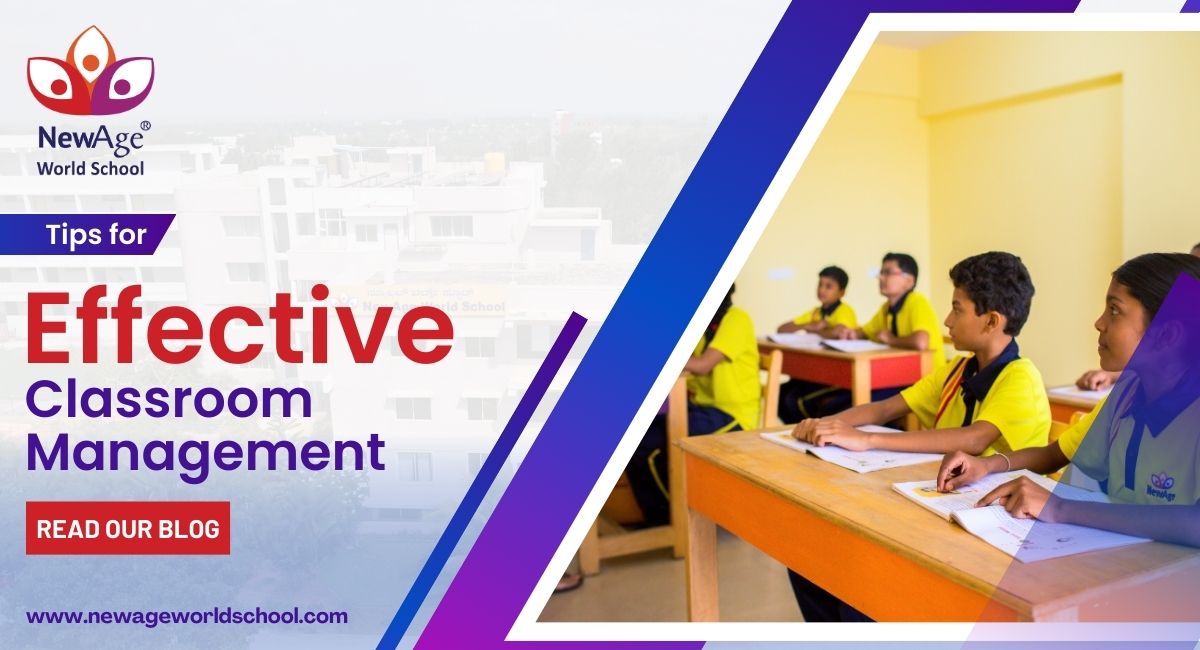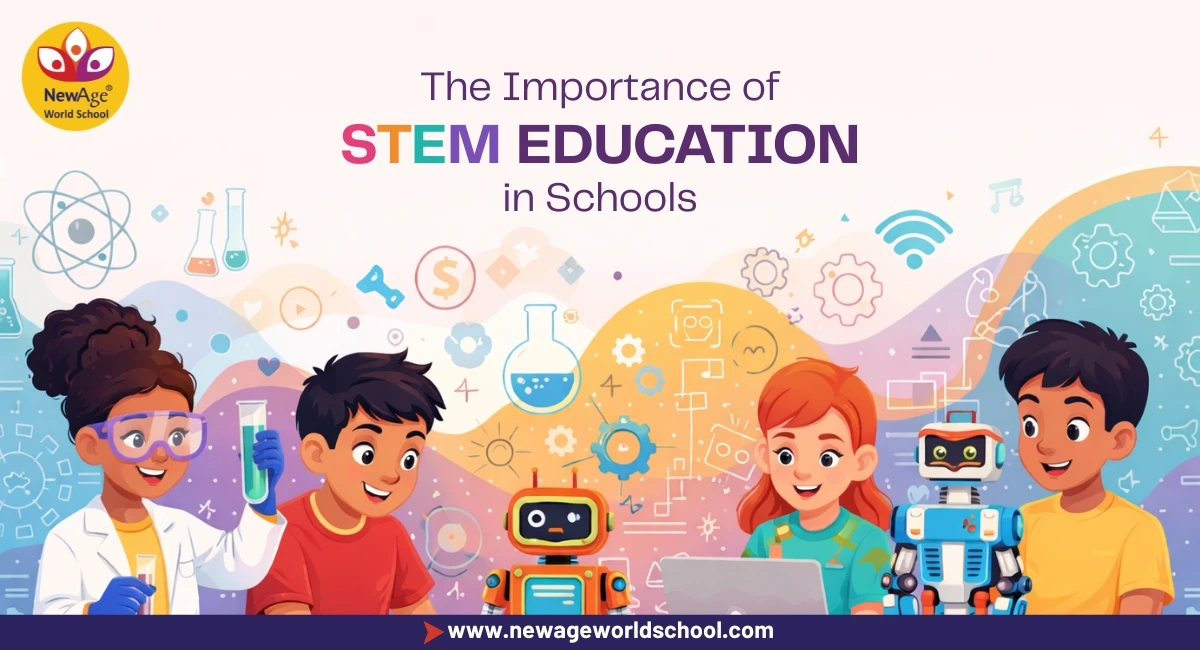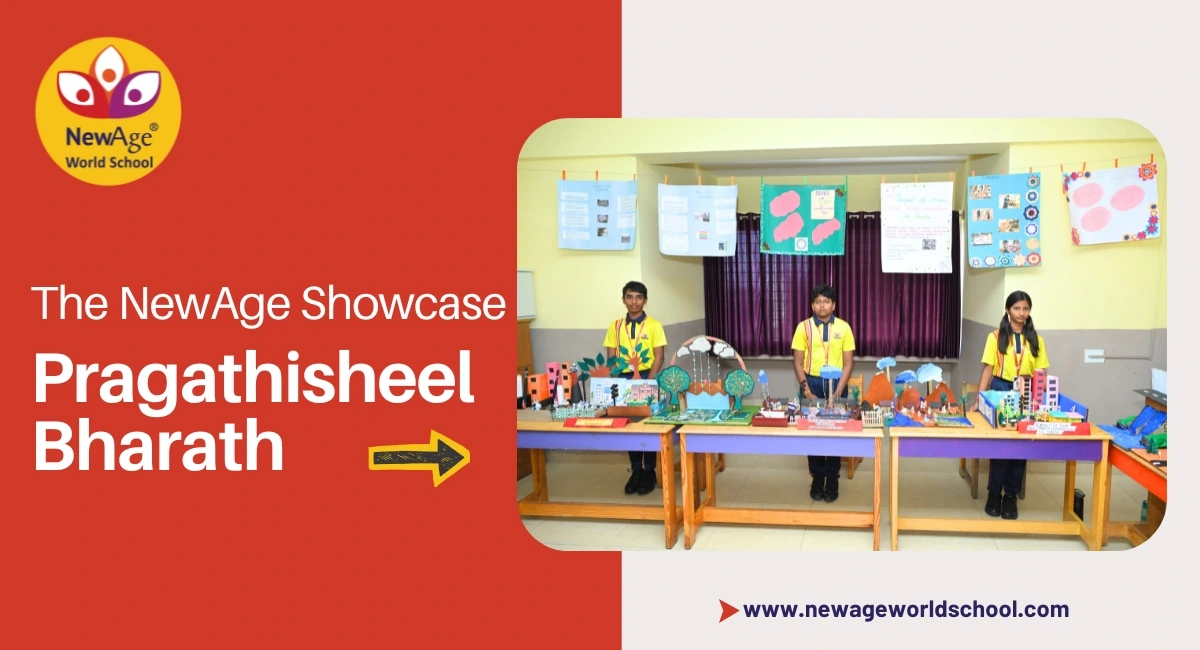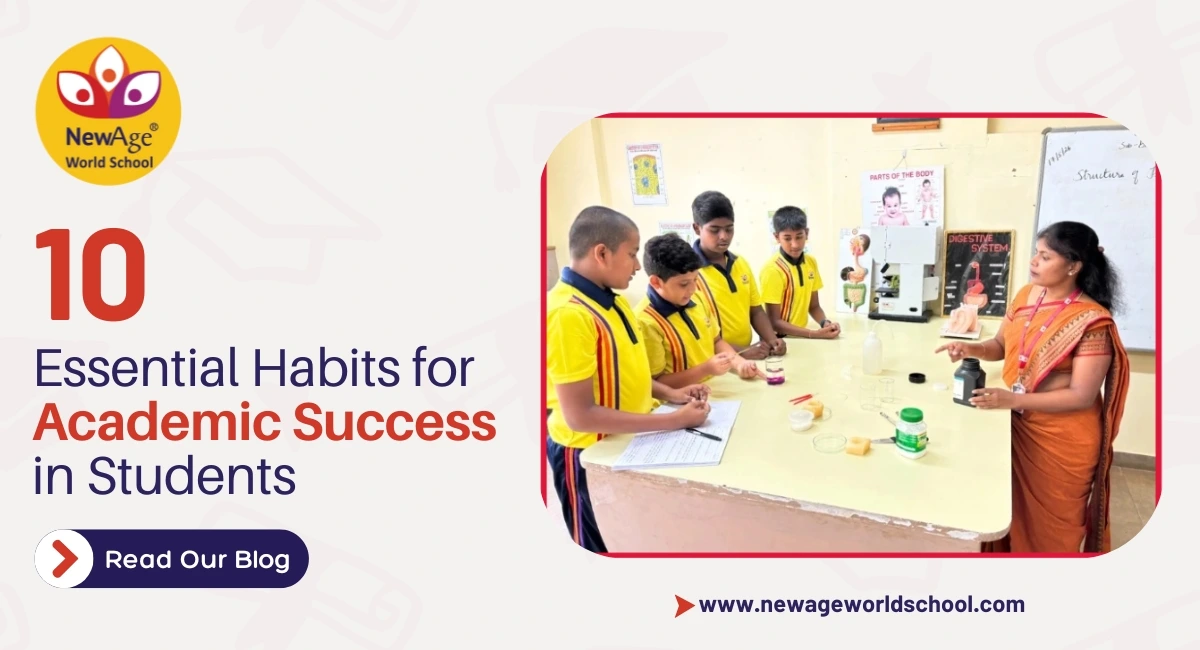Tips For Effective Classroom Management

“If we believe in active student learning, we must consider the variety of ways in which students are encouraged to participate”-Barrie Bennett
Effective Classroom Management:
Creating a Dynamic Learning Environment
Classroom management is crucial in promoting an environment where students can thrive, particularly in subjects that require focus, and engagement. Especially in science, a subject rich with experimentation and inquiry, effective management strategies are essential not only for maintaining order but also for encouraging student curiosity and collaboration.
Establishing Clear Expectations
It’s crucial to set clear expectations, at the beginning of the school year. For example, in a chemistry class, teachers should outline safety protocols when handling chemicals or conducting experiments. A classroom agreement might include rules such as “Always wear a lab coat during lab activities” or “No unnecessary movements in the lab.” By making these expectations explicit, students understand the boundaries and the importance of safety, creating a foundation for respect and responsibility.
Engaging Instruction
Effective classroom management goes hand-in-hand with engaging teaching methods. Abstract subjects like Chemistry can sometimes seem daunting, but implementing hands-on experiments and interactive demonstrations can capture students' interest. For instance, instead of merely lecturing about chemical reactions, a teacher could demonstrate some reactions. Students can predict the outcome and observe the changes first hand, transforming abstract concepts into concrete experiences. This not only reinforces learning but also cultivates an energetic classroom atmosphere.
Consistent Routines
Developing regular routines is another essential aspect of classroom management. For example, starting each class with a brief review of previous lessons can help students transition into the learning mode. When students know what to expect, they are more likely to focus and engage. Routine activities, like collective group work after individual assessments, encourage peer interaction and deepen understanding, particularly for complex topics such as stoichiometry or acid-base reactions.
Addressing disturbances
Disruptions can happen in any class. It’s crucial for teachers to address them proactively. For instance, if a student begins to drift off-topic during a lab session, the teacher might gently redirect them by asking a question related to the experiment. This helps bring the focus back to the task at hand and also shows the student that their engagement is appreciated. Developing a rapport with students can help control disruptive behaviour.
Encouraging Student Responsibility
Empowering students with responsibility can also enhance classroom management. Assigning roles during group experiments, such as safety monitor or data recorder, encourages accountability. When students are assigned specific tasks, they are more likely to stay engaged and invested in the outcome of the experiment. This collaborative approach not only facilitates learning but also cultivates essential teamwork skills, which are invaluable in both academic and real-world settings.
Benefits of Well-Managed Classrooms
A well-managed classroom creates a conducive environment where students feel safe, respected, and engaged. When students understand the expectations, feel involved in the learning process, and are given responsibilities, their confidence and enthusiasm flourish. This positive atmosphere fosters a love for the subject and encourages lifelong learning. Students are more likely to participate actively, collaborate with peers, and develop critical thinking skills .
Conclusion
In conclusion, successful classroom management is an intricate balance of establishing clear expectations, engaging students actively, maintaining consistent routines, addressing disruptions, and encouraging responsibility. The ripple effect of these strategies results in a vibrant learning environment where curiosity is ignited, and students are inspired to explore the wonders of the subject.

















Leave a Reply
Your email address will not be published. Required fields are marked *
Comments
No comments available